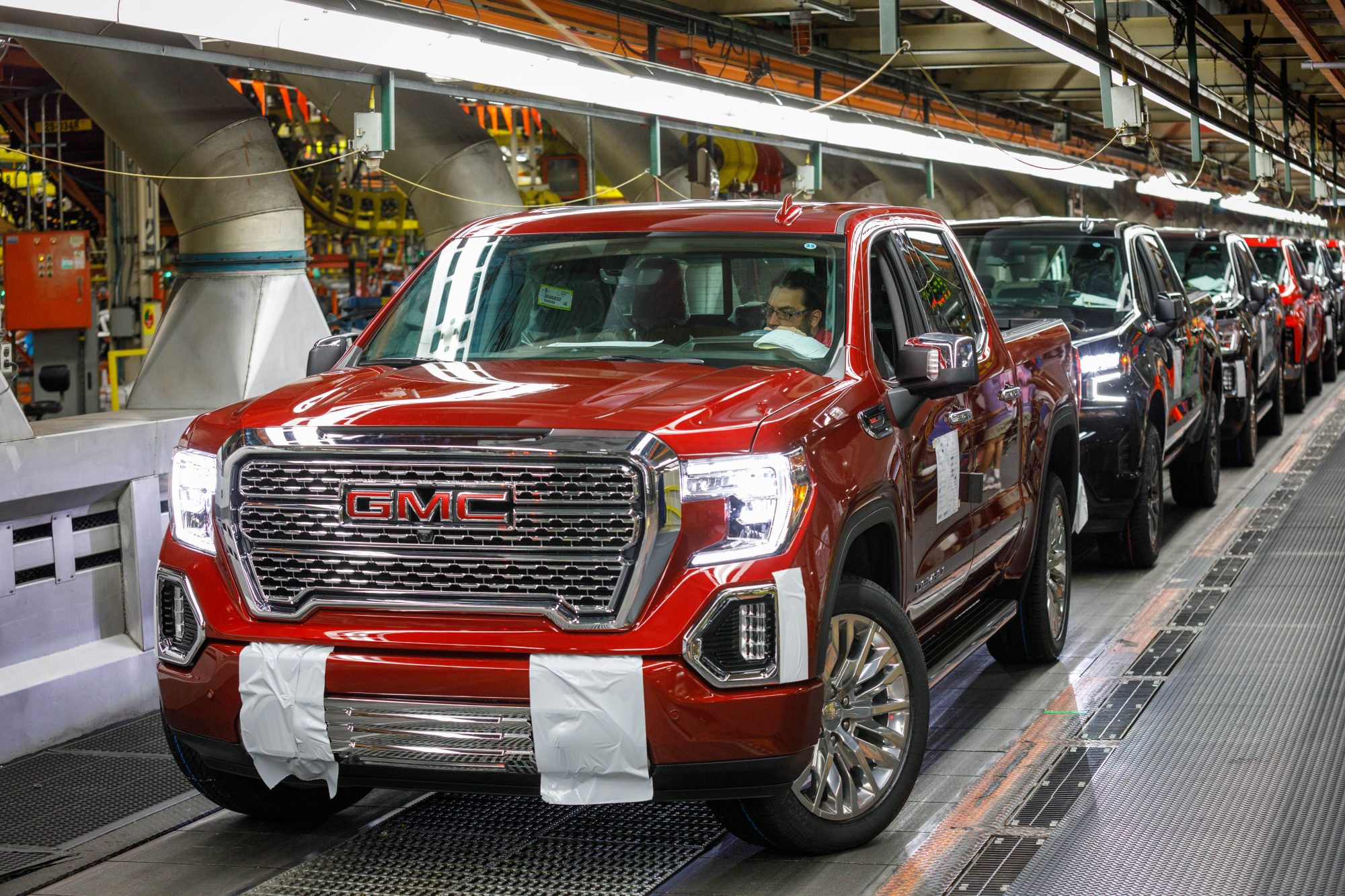
Uncertainty around plans by major car manufacturers to phase out internal combustion engines is one of several shortcomings undermining the sector’s transition to net zero, said researchers who conducted a detailed analysis of five leading automotive companies.
The team from the NewClimate Institute and Carbon Market Watch, two European nonprofits, also highlighted several developments by the companies that they describe as encouraging and worth replicating. Yet overall, the researchers concluded, the companies are “making inadequate progress in accelerating the long-overdue transition to electric mobility.”
The researchers compared the net-zero plans of five manufacturers — Ford, General Motors, Stellantis, Toyota and Volkswagen — with a transition framework for the industry developed by the NewClimate Institute. By far the most critical component in the framework is the reduction of tailpipe emissions, which can be achieved by transitioning to electric vehicles. Switching to low-carbon steel, aluminum and batteries are other components.
Viewed through the framework, the companies’ commitments appear well short of what’s required. Only GM has set a sales target — 100 percent electric vehicles globally by 2035 — that aligns with limiting global warming to 1.5 degrees Celsius. Other targets are delayed (Ford will “work toward” 100 percent EVs by 2040), regionally specific (Stellantis’ 100 percent target applies only to the U.S.) or incomplete (VW and Toyota have committed to selling more EVs, but not to reaching 100 percent).
All five companies have committed to reaching net-zero emissions: Stellantis has the earliest target year, 2038; Toyota and VW the latest, 2050. But the report authors argued that such commitments are of limited use without specific transition plans, such as vehicle sales targets, to back them up.
“Emissions reduction targets are only helpful to a certain degree, in that they paint a picture of where a company wants to be in terms of outcomes,” said Saskia Straub, a climate policy analyst at the New Climate Institute. “But they don’t tell us how they are planning to reach those outcomes.”
The absence of 1.5C-aligned EV sales targets is also notable given the latest draft of the Science Based Target initiative’s (SBTi) automotive sector standard requires companies to commit to 100 percent low-emission vehicle sales by 2030 in advanced economies, and by 2040 globally. The draft is open for consultation until August 11,
Asked to comment on the lack of sales targets and other issues in the report, VW stated its commitment to becoming carbon neutral by 2050 and Ford referred to the company’s latest sustainability report. GM, Stellantis and Toyota did not share a response. But uncertain demand for EVs in some territories is a known issue, with consumers remaining concerned about access to charging points and put off by the higher price tag on EVs. Demand in the U.S. is likely to take a further hit in September when the federal tax credit for EVs, which is worth a maximum of $7,500, is eliminated.
Despite the overall misalignment between the manufacturers’ actions and 1.5C pathways, Straub and colleagues identified several bright spots in the companies’ plans:
- Stellantis has improved the transparency of its net-zero goal by setting an interim absolute emissions target: the company aims to cut emissions to 20 percent below 2021 levels by 2030.
- Ford and GM have committed to purchasing 10 percent near-zero or low-carbon steel and aluminum by 2030.
- VW included the emissions of a high-emissions subsidiary — Traton, which produces trucks and buses — in its annual inventory for the first time.
The automotive report is the final installment of the 2025 Corporate Climate Responsibility Monitor. Previous chapters have focused on food and agriculture, apparel and tech companies.








